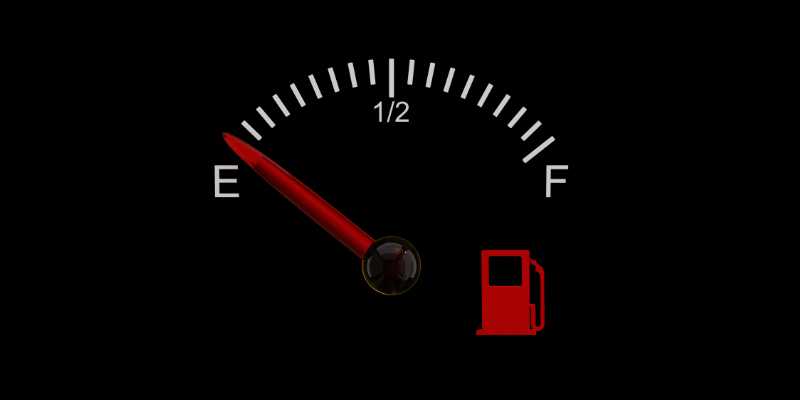Tip - In our fast-paced modern society, it's common to find ourselves spending extensive periods behind the wheel, whether it's running errands, shuttling our kids around, or commuting to work. Often, in the midst of our busy schedules, we may neglect to refuel our vehicles, sometimes pushing our fuel levels dangerously low before refilling.
However, it's important to understand the detrimental effects this habit can have on our vehicles. When your fuel gauge hovers near empty and that warning light flickers on, it's not just a suggestion—it's a crucial reminder to refill your tank promptly at the nearest fuel station.
Driving your vehicle with low fuel levels can lead to a variety of issues that could cost you hundreds of dollars in repairs down the line. Here's what happens to your vehicle over time when you consistently drive it down to empty:
Fuel Pump Damage: Running your vehicle on low fuel levels can cause your fuel pump to overheat. The fuel in your tank acts as a coolant for the pump, so when it's low, the pump can become prone to damage due to increased friction and heat.
Sediment Accumulation: Over time, sediment and debris settle at the bottom of your fuel tank. When you consistently drive with low fuel levels, you risk sucking up this sediment into your fuel system, potentially clogging filters and injectors, and causing engine performance issues.
Fuel Filter Strain: Your fuel filter plays a vital role in keeping impurities out of your engine. Driving with low fuel levels forces your fuel pump to work harder, which can strain the fuel filter and reduce its effectiveness over time.
Airborne Contaminants: Empty or near-empty fuel tanks can also lead to increased condensation inside the tank. This moisture can mix with the fuel and introduce water and other contaminants into your fuel system, leading to corrosion and engine damage.
Risk of Stalling: Finally, driving with low fuel levels increases the risk of running out of gas unexpectedly, potentially leaving you stranded in an unsafe or inconvenient location.
By refilling your tank promptly when the warning light comes on, you can mitigate these risks and prolong the lifespan of your vehicle. It's a simple yet essential practice that can save you significant time, money, and hassle in the long run. So, the next time your fuel gauge dips low, remember: prioritizing refueling isn't just about convenience—it's about protecting your vehicle's health and your wallet.










